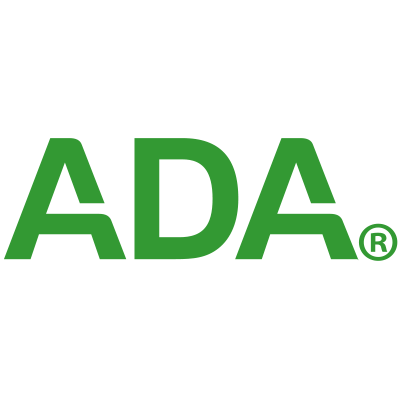- Joined
- Dec 22, 2022
- Messages
- 432
- Reaction score
- 882
Correct. Having a ton of your money tied up in a non-liquid asset, which should you need to sell for some cash, you now need to buy another one, doesn’t strike me as a great move. The houses in the not as nice part of town also went up in value like yours did.Yeah but you’re also stuck living in your house… and it’s heavily leveraged. Imo housing is better thought of as consumption, or a luxury, rather than an investment. I wouldn’t even count it in net worth. If your home is your most valuable asset at the end of your career then you have screwed up.
Imo It’s better to keep your living costs low so that you can invest more.
Houses appreciate at about 3-5% per year. The stock market is around 10%, but you could call it 7%, take out 20% for capital gains tax, and still be at the average housing market. Also, if you think the stock market is hard to predict, try the housing market. With mortgage rates currently around 6 at best, especially for a jumbo loan, and the mortgage interest tax break not being all it’s made out to be, there’s a very strong chance you’re coming out behind if it’s your primary residence. Investment properties can be a different story, but again, not liquid unless you’re doing rental income, which is another can of worms.
To try to tie it back to the OP, the question with student loans is return on investment. In theory with a house, even with inflation, you more or less come out the same or better if you buy one, and if you go broke it can be sold in bankruptcy. Student loans don’t work that way. You’re betting that you will make enough to get them off the books at some point or that the repayment programs work and will do it for you down the line. You can’t get rid of them. If you can leverage them to an income that makes sense for financial independence and retirement in a reasonable time period, fantastic.

